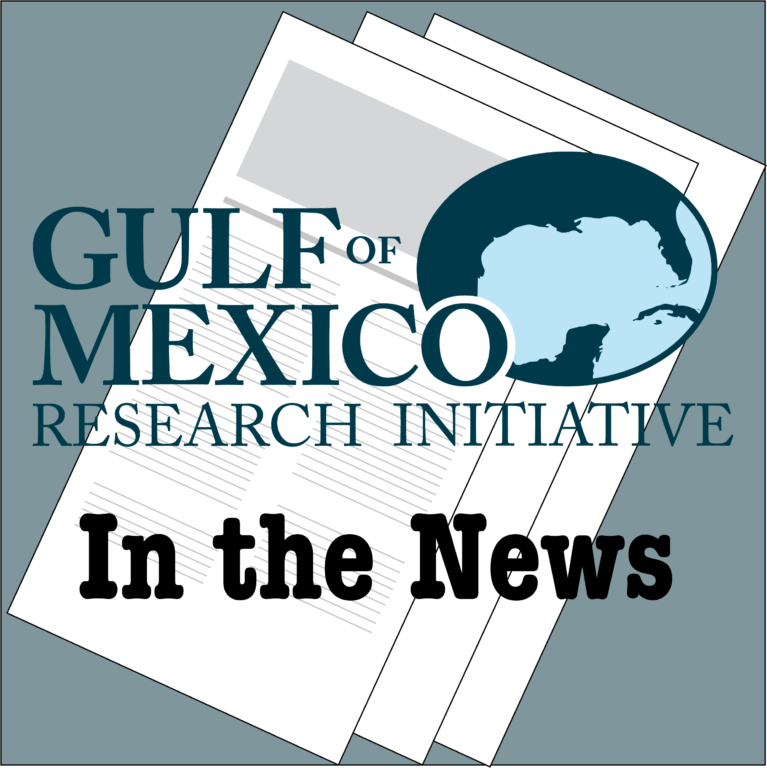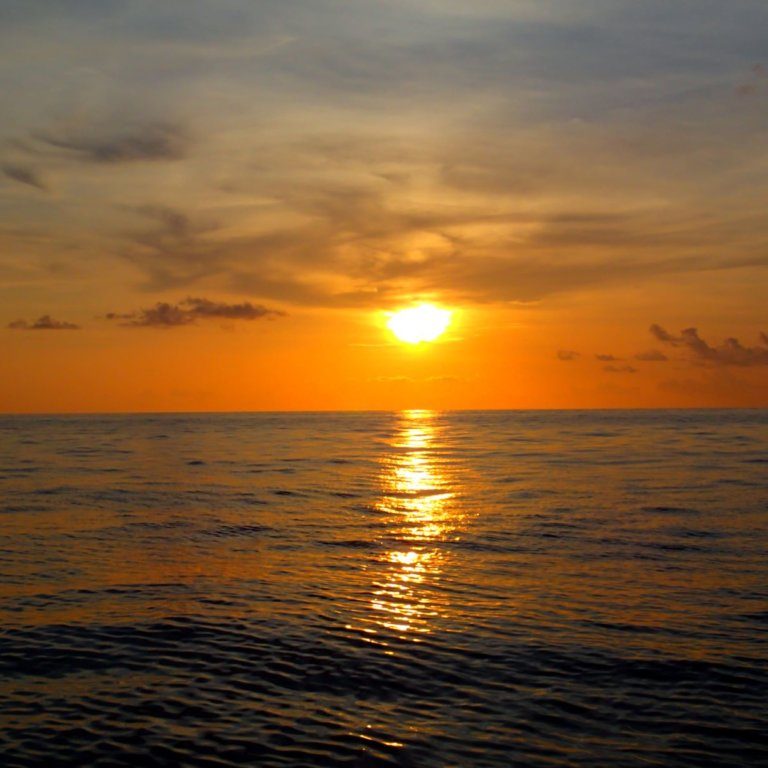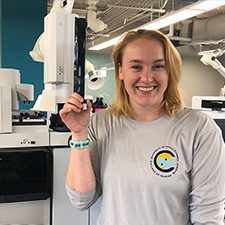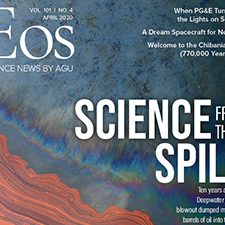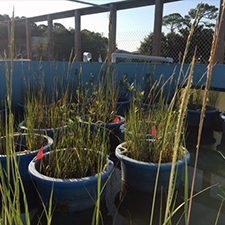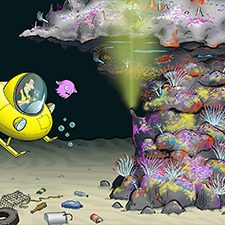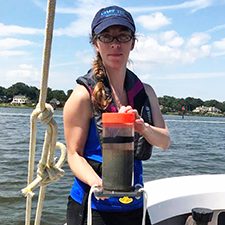Sparkling waters hide some lasting harm from 2010 oil spill
Sparkling waters hide some lasting harm from 2010 oil spill – APRIL 20, 2020 (From New York Post / by Associated Press / April 20, 2020) NEW ORLEANS — Ten years after a well blew wild under a BP platform in the Gulf of Mexico, killing 11 men and touching off the nation’s worst offshore…

